Related Research Articles
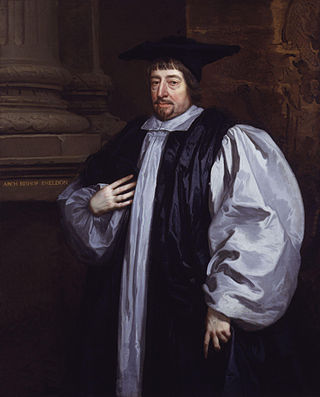
Gilbert Sheldon was an English religious leader who served as the Archbishop of Canterbury from 1663 until his death.

William Sancroft was the 79th Archbishop of Canterbury, and was one of the Seven Bishops imprisoned in 1688 for seditious libel against King James II, over his opposition to the king's Declaration of Indulgence. Deprived of his office in 1690 for refusing to swear allegiance to William and Mary, he later enabled and supported the consecration of new nonjuring bishops leading to the nonjuring schism.

Thomas Tenison was an English church leader, Archbishop of Canterbury from 1694 until his death. During his primacy, he crowned two British monarchs.

Emmanuel College is a constituent college of the University of Cambridge. The college was founded in 1584 by Sir Walter Mildmay, Chancellor of the Exchequer to Elizabeth I. The site on which the college sits was once a priory for Dominican monks, and the College Hall is built on the foundations of the monastery's nave. Emmanuel is one of the 16 "old colleges", which were founded before the 17th century.
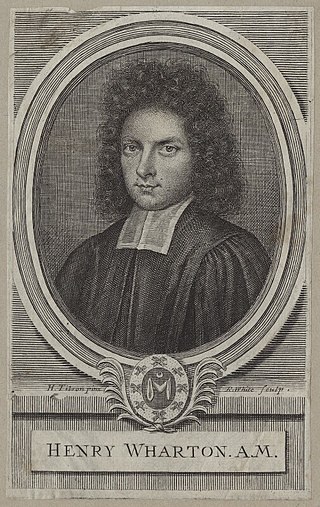
Henry Wharton was an English writer and librarian.
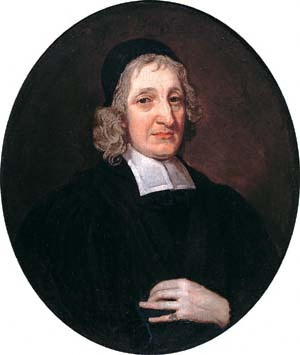
John Paterson (1632–1708) was the last archbishop of Glasgow in the Church of Scotland. He was the youngest son of John Paterson, bishop of Ross. John, after some preliminary studies at Marischal College, University of Aberdeen, was admitted as a student of theology at the University of St Andrews on 13 March 1655, and he is entered as regent in St Leonard's College under date of 3 February 1658, indicating that he had taught the junior class in the preceding year.
Events from the year 1677 in England.
Henry Maurice was a Welsh clergyman who became Lady Margaret Professor of Divinity at Oxford University.
Richard Reynolds (1674–1743) was an English bishop of Lincoln.
John Peachell (1630–1690) was an English academic, Master of Magdalene College, Cambridge, and Vice-Chancellor of the University of Cambridge at the moment when James II was aiming to impose his will on the universities.
William Lloyd was a Welsh-born Anglican bishop. He was deprived of his see in 1691 for being a non-juror.
John Mapletoft (1631–1721) was an English clergyman and physician.
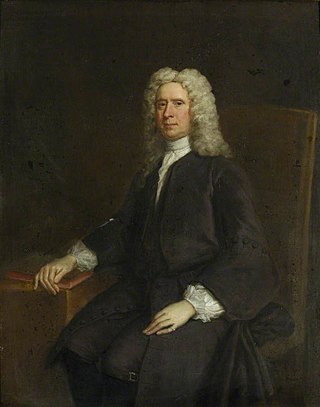
George Oxenden was an English academic, lawyer and politician who sat in the House of Commons from 1695 to 1698.
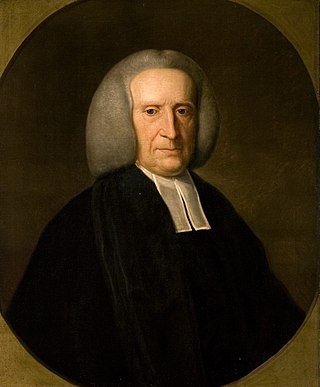
William Richardson was an English academic and antiquary, Master of Emmanuel College, Cambridge from 1736.
Thomas Pigot (1657–1686) was an English cleric, academic and Fellow of the Royal Society. He is known for work in acoustics, and as a committee member for the Society's universal language project.

George D'Oyly (1778–1846) was an English cleric and academic, theologian and biographer.
Thomas Wagstaffe the Elder was a clergyman of the Church of England, after the nonjuring schism a bishop of the breakaway church.
William Sancroft the Elder served as Master of Emmanuel College, Cambridge from 1628 until 1637.

Samuel Woodford, was an Anglican divine and poet.
References
 This article incorporates text from a publication now in the public domain : "Paman, Henry". Dictionary of National Biography . London: Smith, Elder & Co. 1885–1900.
This article incorporates text from a publication now in the public domain : "Paman, Henry". Dictionary of National Biography . London: Smith, Elder & Co. 1885–1900.